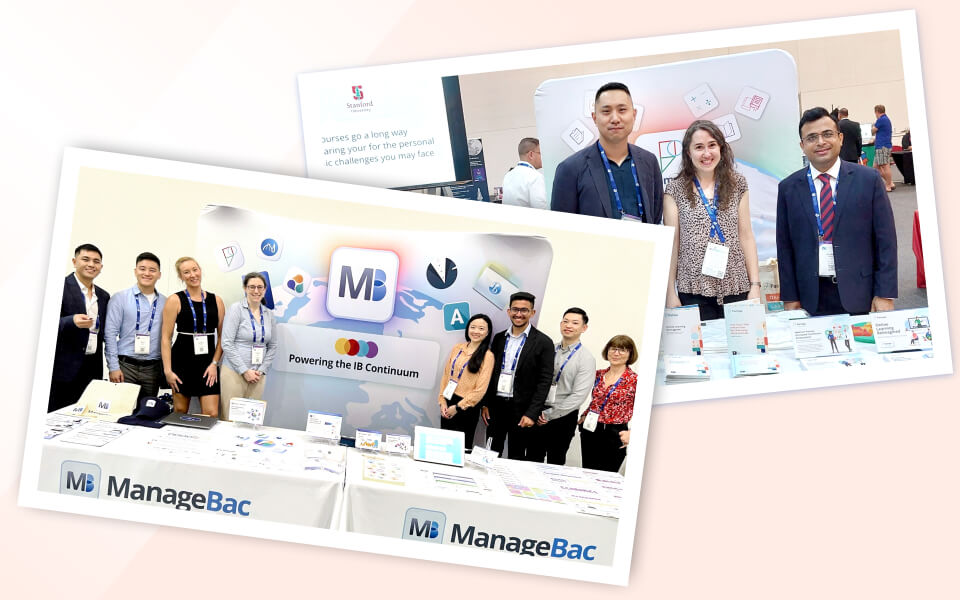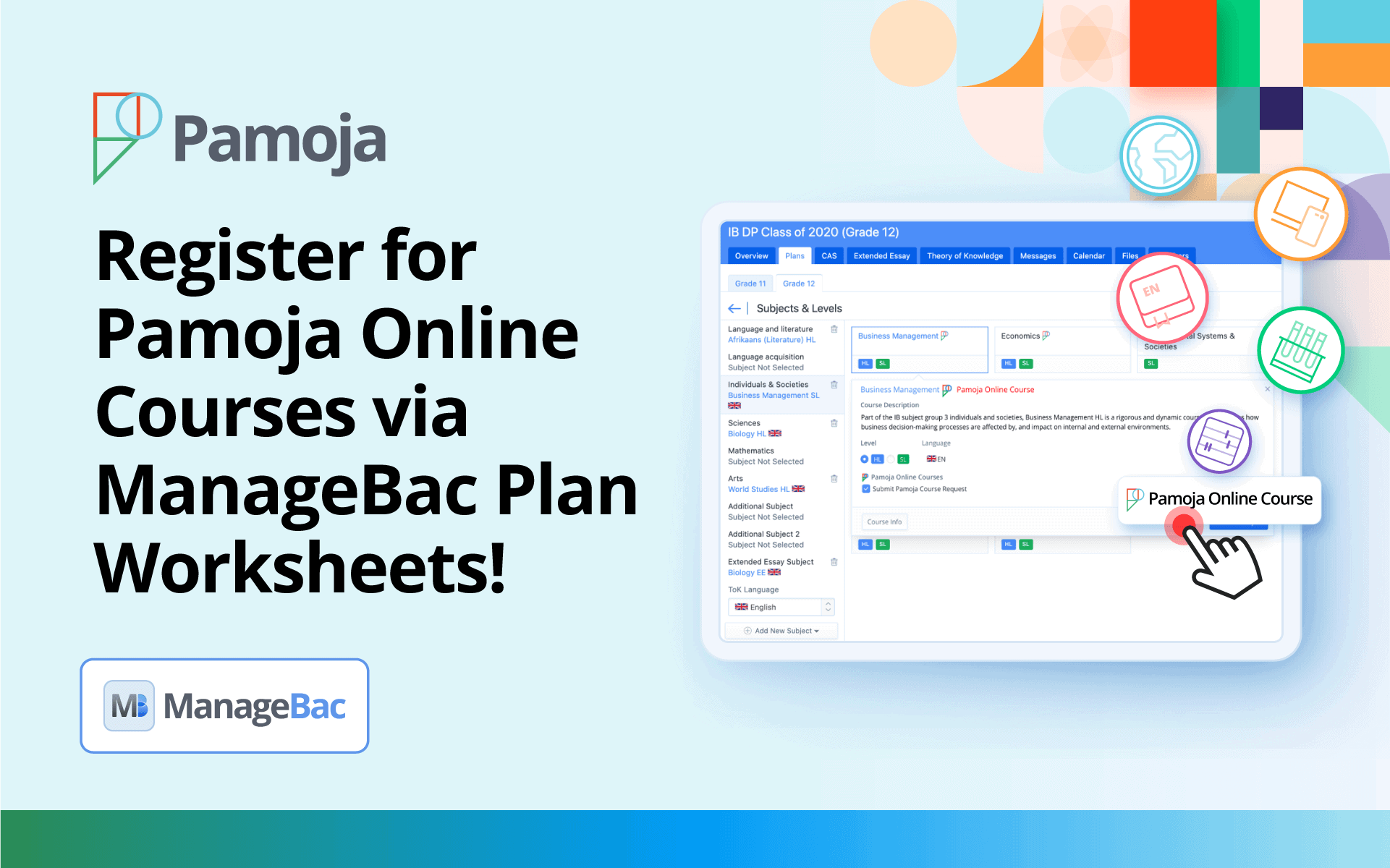 Tell us about yourself!
Tell us about yourself!
My name is Dan Barazani, and I’ve been a Psychology teacher with Pamoja for the past three years. I also teach in a “bricks and mortar” school: Regent’s International School in Bangkok, Thailand. I became interested in Psychology halfway through my undergraduate degree, when I switched over from Business. The first course I took was Social Psychology, and I was immediately hooked – every lesson felt full of penetrating insights into human nature, and why we think, feel, and act the way we do. Eventually, I completed a Master’s degree in Applied Psychology, and became a Psychology teacher.
Why did you decide to become a teacher?
I think everyone remembers one or two teachers that really made a difference to them when they were in school, and as teachers, we hope to provide that inspiration to others. What really motivates me as a Psychology teacher is the opportunity to share some of the powerful insights that the field has developed. For example, I once had a student whose girlfriend was suffering from severe depression, and depression can be a baffling disorder to someone who has never experienced it. It can be really frustrating when someone you love has no zest or enthusiasm for life, no matter how much love or support you provide. But studying the biological and cognitive factors involved in depression helped my student understand what his girlfriend was experiencing, and to recognise that depression is an illness, not a reflection of either her innate character or his worth as a boyfriend.
How do you support students outside of your classes?
I think it’s important for teachers to empathise with the challenges that students face, particularly in the IB Diploma Programme. So much emphasis is placed on getting a certain IB score, or getting into a certain tier of university, that students sometimes feel overwhelmed and discouraged. The workload in IB can be tough, and sometimes it can feel like one’s entire future depends on getting the right exam results. As an IB teacher, I know that students will sometimes stumble and fall down, and that’s okay. Giving clear instructions and detailed feedback is very important, because it helps students see a path forward, especially if they are aiming to raise their grades.
Access to great resources is also really important, because great resources can help break down complex ideas and studies in ways that are meaningful and easy to understand. Over the past two years, I’ve been creating an online guide to the new Psychology curriculum to share some of the resources I’ve created as a teacher, which hopefully make Psychology accessible and interesting to the broadest range of students.
How should students use additional resources to best support their studies?
I think we’re fortunate to be living in an age where so much information is at our fingertips – it’s never been easier to access so much knowledge in Psychology, or any other subject. A student in Bali, with just a few clicks, can access a research paper produced by a university in Chicago, which would be unthinkable just 15 or 20 years ago.
On the other hand, there is so much content out there, students can easily feel overwhelmed. I think it’s important for teachers to provide signposts to useful content – whether it be websites, textbooks, blogs, magazines, or other resources – but to also give students free rein to discover their own resources, if they so wish. And students should be encouraged to look past the core course textbook (if there is one), and recognise that there is a wealth of information available providing different perspectives, analysis, and research to draw upon.
Sign up to our monthly newsletter to keep up to date with all the latest Pamoja news.





